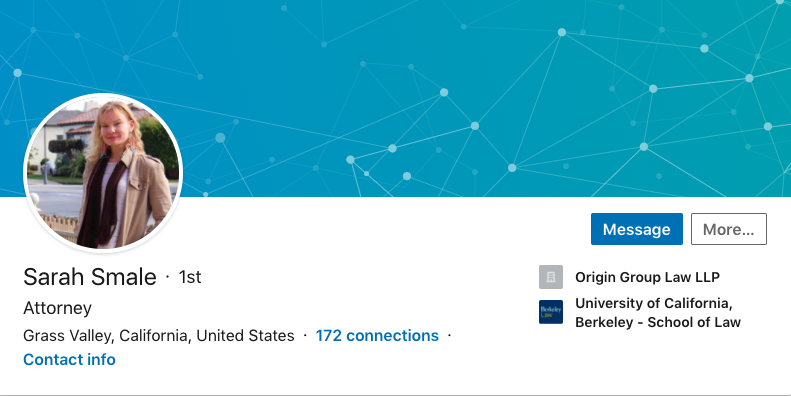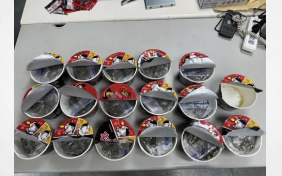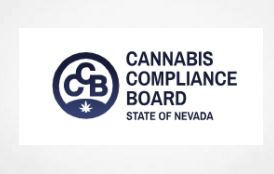By Sarah Smale / Edited by Heather Burke
When it comes to minimizing risk for farmers, products liability insurance is probably the most important thing no one forces a cannabis farmer to obtain. While products liability insurance gets overlooked because no agency demands proof of coverage, this type of insurance coverage is necessary to protect against consumer claims. It only takes one products liability lawsuit to bankrupt a new business.
Products Liability Overview
Sick or injured consumers regularly file products liability lawsuits claiming a product caused their sickness or their injury. These claims take many forms, including injuries caused by (1) contamination, (2) design defects, (3) improper warnings, and (4) mislabeling, among others. Product liability claims in the cannabis industry are perhaps inevitable, especially given cannabis’ recent arrival to the regulated marketplace and residual notions of reefer madness.
Suing the Supply Chain
Some (but not all) of these types of claims are subject to “strict liability” which means a farmer (or manufacturer or distributor or retailer)’s intent and their regulatory compliance do not matter. Indeed, everyone who participated in bringing the product to market can be held responsible under a strict liability theory, from the farmer all the way through the supply chain to the retailer. Even worse, folks in the supply chain can be held liable under a strict liability theory, even when they took reasonable steps to prevent the product defect that is alleged to have caused the consumer (aka the plaintiff) sickness or injury.
Even if strict liability isn’t in play, it may be hard for a consumer to prove exactly when the product was supposedly contaminated so everyone in the supply chain is usually named as a defendant. For example, just yesterday a Southern California law firm announced a products liability lawsuit against Kushy Punch, an edibles company, claiming the cannabis edible caused the death of a young woman named Le’Sharia Bre’Aun Steele. Notably, the lawsuit names the grower (an indoor producer in Adelanto or Cathedral City), the manufacturer (Kushy Punch), and the retailer (Urbn Leaf in San Diego), in addition to several others which we presume to be the distribution company, perhaps a transport company, and/or any parent companies.
The scariest part about product liability is that some unlucky cultivators will get dragged in to these types of lawsuits even if the harm had nothing to do with the cannabis or if the cannabis became harmful after it left the farm. Mounting a legal defense is extremely expensive in these cases.
Fortunately, a product liability insurance policy can help.
The Duty to Defend
I spent the first half of my career as a civil litigator and represented lots of small businesses that got sued because they touched a project that went bad. Oftentimes it wasn’t their fault, but proving that takes time and (expensive) expert witnesses. My clients couldn’t afford that, but my legal bills were sent to the insurance company because insurance policies often contain a “duty to defend.” The product liability policy’s “duty to defend” requirement means the insurance company has to provide a legal defense if a farmer get sued for something their policy would cover.
Subrogation
Subrogation is when an insurance company goes after a third-party to recover amounts paid on behalf of their own policy-holder. For instance, if a consumer is hurt and their insurance is paying millions of dollars in medical bill, the consumer may be required to cooperate with their insurance company’s efforts to recover those losses by suing the supply chain.
Additional Insureds
If the buyer of the farmer’s cannabis is willing/able to list the farmer as an “additional insured,” farmers might be able to get around buying products liability insurance. However, a buyer’s product liability policy holder (aka the insurance company) may not be willing to add the farmer as an additional insured where the buyer is acting as a mere middleman to packaged products, though it is likely the insurance company will have any problems adding a farmer in a bulk wholesale situation.
When the one party is added to the other’s product liability policy, the insurance company will defend the farmer too. Additionally, the insurance company can’t force their policy holder to sue the additionally insured party because insurance companies can’t pursue subrogation against people covered under the same policy.
We expect to see the use of additional insured increase in the coming years, both by the farmer and by buyers in the regulated marketplace.
Understanding the Policy Exclusions
Cannabis farmers must be savvy insurance shoppers, meaning a farmer should not assume a product liability claim will be covered just because they paid for product liability insurance. All of the policies need to be reviewed for “federally unlawful conduct” exclusions. Additionally, product liability policies can also exclude intoxicants, carcinogens, and hardware, which is critically important if the product is going to a manufacturer.
Cannabis farmers must disclose to the insurance agent that the farmer is a cannabis business, and then the farmer must ask about exclusions and policy types. Some policies only cover claims that are made during the policy period, while others focus on when the injury itself occurred. Look for insurance agencies that cater to cannabis companies – a cannabis farmer might pay a little more, but they are better equipped to address coverage issues unique to cannabis.
Conclusion
Products liability claims are scary, and no one wants to be accused of producing a product that harms another human. But this is how business is in the United States whether we like it or not, so products liability lawsuits are a risk that go hand in hand with putting products into the market. There’s simply no possible way to prevent all potential claims.
Notably, however, products liability insurance should be able to protect the policyholder and any additional insured, so we sincerely hope folks take this protection seriously and get a meaningful policy in place before putting their cannabis into the marketplace.
Authored by Sarah Smale
Edited by Heather Burke



















